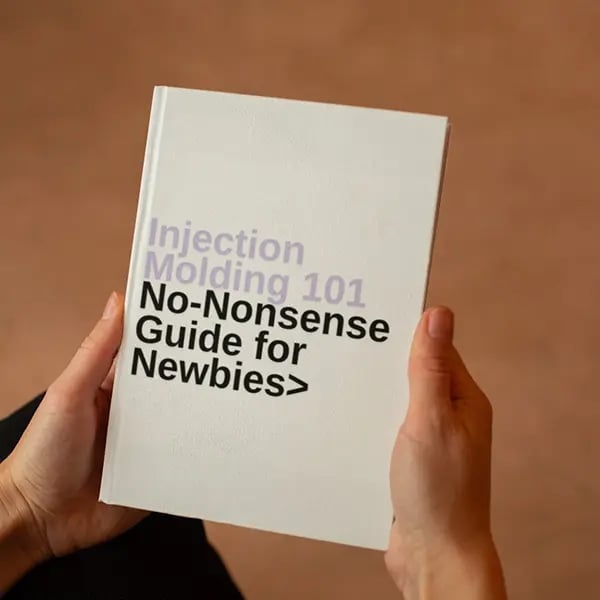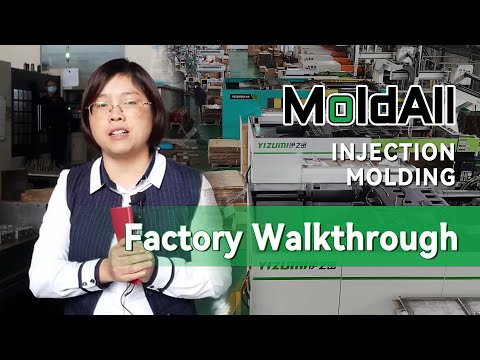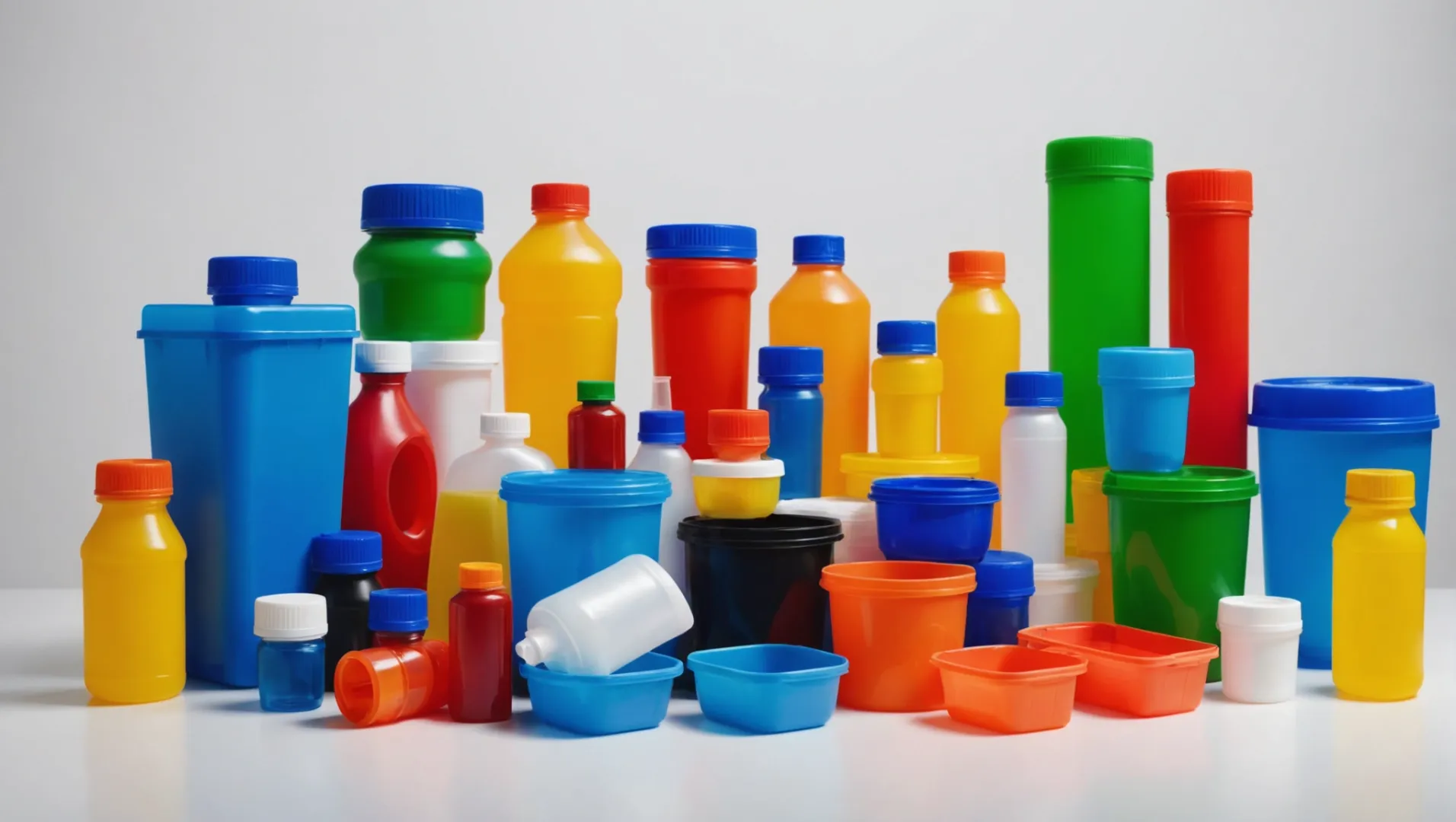
Navigating the world of plastics can feel overwhelming, especially when it comes to their impact on our planet. Let’s dive into the recyclability of injection molded plastics and how we can contribute to a more sustainable future.
Common types of injection molded plastics like polyethylene (PE), polypropylene (PP), and acrylonitrile-butadiene-styrene copolymer (ABS) are recyclable. These materials can be repurposed into new products, aiding in waste reduction and resource conservation.
But there’s so much more beneath the surface! Join me as we explore the specific recycling processes for each type of plastic and their implications for our environment.
Polyethylene is a recyclable injection molded plastic.True
Polyethylene can be recycled into new products, aiding waste reduction.
How Are Injection Molded Plastics Recycled?
Recycling injection molded plastics involves intricate processes tailored to various types, ensuring minimal environmental impact and maximum resource recovery.
Injection molded plastics are recycled through sorting, shredding, washing, and reprocessing into granules or pellets. These recycled materials can then be used to manufacture new products, thus promoting sustainability and reducing landfill waste.
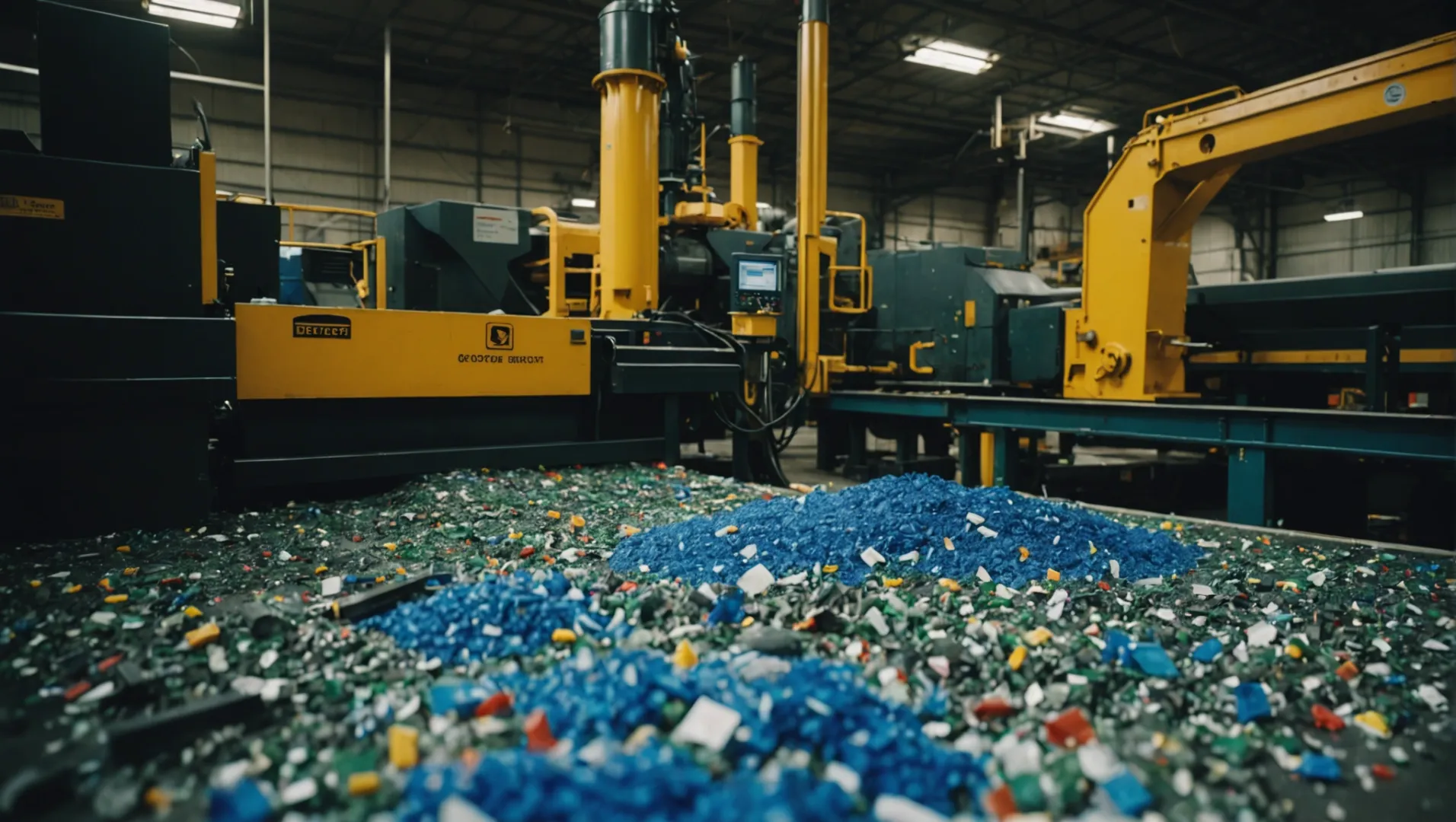
The Recycling Process for Injection Molded Plastics
Recycling injection molded plastics starts with sorting1 different types of plastics. Each type, like polyethylene (PE), polypropylene (PP), or acrylonitrile-butadiene-styrene copolymer (ABS), requires specific handling due to varying melting points and properties.
Step 1: Sorting and Classification
Proper sorting is crucial as it determines the quality and efficiency of the recycling process. Plastics are sorted based on resin types and sometimes even by color to ensure homogeneity in the recycled material. Automated technologies like near-infrared sensors aid in this phase, providing precision and speed.
Step 2: Shredding and Washing
Once sorted, plastics are shredded into smaller pieces. This increases surface area, making it easier to clean impurities such as labels or adhesives. Washing follows, which removes dirt, oils, and contaminants that could affect the quality of the recycled plastic.
Step 3: Melting and Extrusion
The clean plastic fragments are then melted down. The melting temperatures vary depending on the plastic type. For instance, ABS requires a different temperature range compared to PP or PE. Once molten, the plastic is extruded into strands which are cooled and chopped into granules or pellets.
Specific Methods for Different Plastics
-
Polyethylene (PE) and Polypropylene (PP): These are often used in products like plastic containers and pipes after recycling. They are favored for their flexibility and strength.
-
Acrylonitrile-Butadiene-Styrene Copolymer (ABS): Known for its toughness, recycled ABS is ideal for making items like electrical housings and automotive parts.
Final Stage: Repurposing
The recycled pellets are sold to manufacturers who use them to create new products. This step not only extends the lifecycle of plastic but also significantly reduces the demand for virgin materials.
Recycling injection molded plastics not only mitigates environmental pollution but also conserves resources. However, challenges like contamination, economic feasibility, and market demand need continuous innovation to enhance efficiency.
ABS requires the highest melting temperature in recycling.False
ABS does not necessarily require the highest melting temperature.
Sorting is crucial for efficient plastic recycling.True
Proper sorting ensures quality and efficiency in recycling.
What Are the Benefits of Recycling Injection Molded Plastics?
Recycling injection molded plastics offers numerous advantages, from environmental preservation to economic savings. But what are the specific benefits that make this practice so crucial?
Recycling injection molded plastics reduces resource consumption, minimizes environmental pollution, and decreases landfill waste. This process not only conserves natural resources like oil but also promotes sustainable waste management, supporting a circular economy.
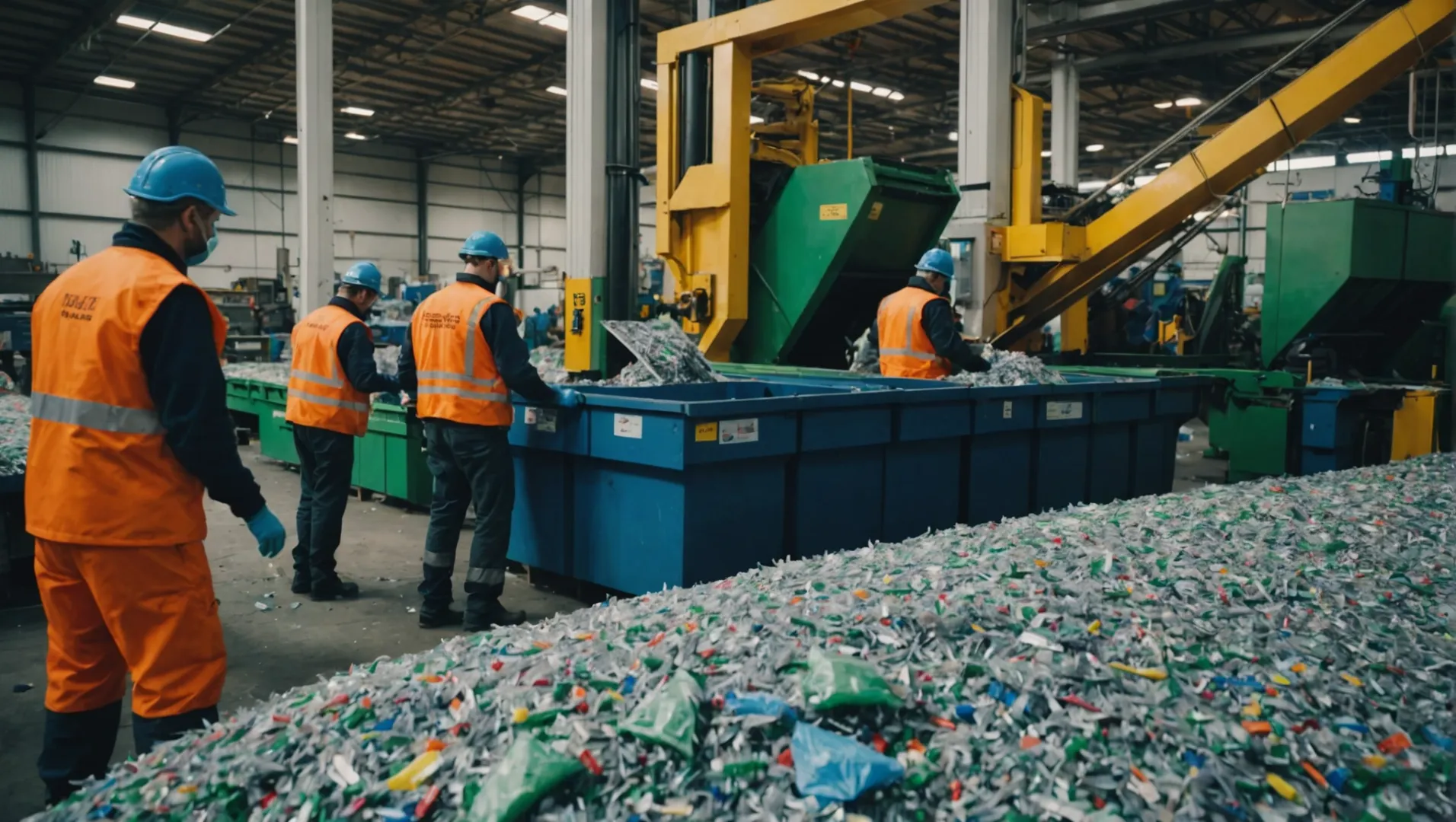
Environmental Impact Reduction
Recycling injection molded plastics significantly cuts down on environmental pollution. When plastics are recycled, fewer new materials need to be produced, which reduces greenhouse gas emissions and lowers the overall carbon footprint. By reusing materials like polyethylene and polypropylene, industries can prevent thousands of tons of waste from entering landfills annually.
Resource Conservation
One of the primary benefits of recycling is resource conservation. Injection molded plastics, predominantly made from non-renewable resources such as oil, are conserved when these materials are recycled and reused. This reduces our dependency on raw materials and helps in preserving these valuable resources for future generations. For instance, recycled ABS can be utilized in manufacturing electrical housings, reducing the demand for virgin plastic.
Economic Benefits
Recycling injection molded plastics can lead to significant economic benefits. Industries save costs on raw materials by using recycled content in their products. Additionally, recycling creates jobs in the collection, processing, and selling of recycled materials. This not only stimulates the local economy but also promotes technological advancements in recycling processes.
Support for Circular Economy
A circular economy is one where waste is minimized by reusing, recycling, and remanufacturing products to keep materials in use for as long as possible. By incorporating recycled plastics into new production cycles, businesses can support this sustainable economic model. Industries that prioritize recycling tend to have better compliance with sustainability standards2, often leading to enhanced brand reputation and consumer trust.
Challenges and Considerations
Despite the numerous benefits, recycling injection molded plastics presents challenges such as sorting different types of plastics and ensuring impurity removal to maintain quality. However, advances in recycling technologies3 continue to address these issues, making it easier for companies to reap the benefits of recycling without compromising product quality.
Recycling plastics reduces landfill waste.True
Recycling injection molded plastics prevents them from ending up in landfills.
Recycled ABS is used in electrical housings.True
ABS plastic, when recycled, is often repurposed for electrical housing applications.
Which Industries Benefit Most from Recycled Plastics?
The surge in sustainable practices has led industries to incorporate recycled plastics, offering both economic and environmental benefits.
Industries like packaging, automotive, and construction benefit significantly from recycled plastics. These sectors utilize recycled materials to reduce costs and enhance sustainability, supporting global eco-friendly initiatives.
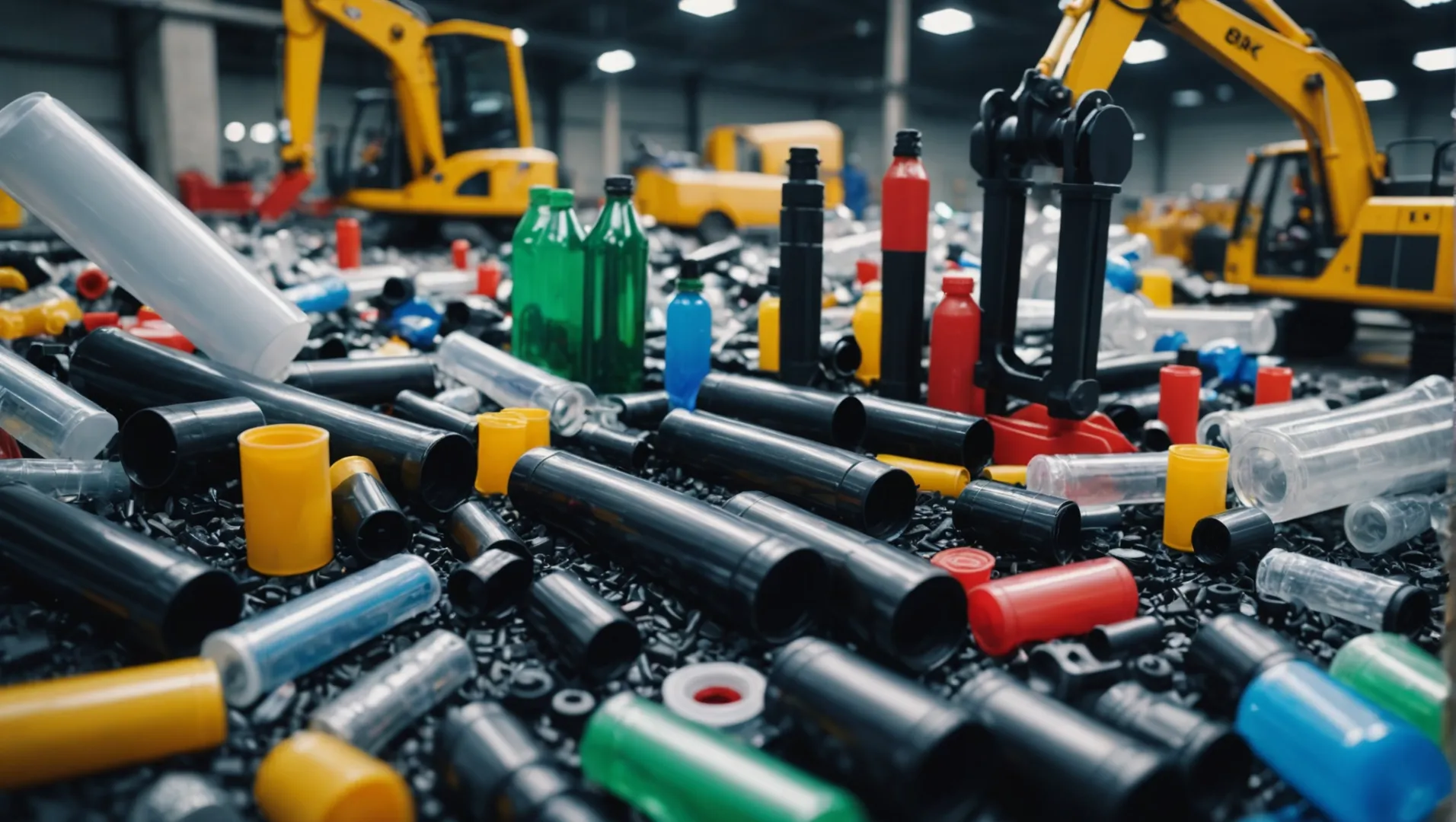
Packaging Industry
The packaging industry is a major benefactor of recycled plastics. Companies are increasingly turning to materials like recycled polyethylene terephthalate (rPET) to create bottles and containers, reducing the reliance on virgin plastics. This shift not only lowers production costs but also aligns with consumer demand for sustainable products. Explore more about recycled PET use4.
Automotive Sector
In the automotive industry, recycled plastics play a crucial role in manufacturing parts such as bumpers, dashboards, and interior panels. Using recycled polypropylene (PP) and acrylonitrile-butadiene-styrene copolymer (ABS), manufacturers can achieve lighter vehicles, improving fuel efficiency while reducing waste. This industry-wide adoption of recycled materials helps meet stringent environmental regulations and enhances vehicle sustainability.
Construction and Building
Recycled plastics are revolutionizing the construction sector by being used in products like insulation, piping, and roofing materials. Polyvinyl chloride (PVC) is often recycled into new building components, offering durability and cost-effectiveness. The use of these materials supports green building certifications and reduces the carbon footprint of construction projects.
Consumer Goods
From electronics to household items, the consumer goods industry extensively uses recycled plastics to produce sustainable products. This approach not only fulfills corporate social responsibility goals but also caters to an environmentally-conscious market. The application of recycled ABS in electronic housings is a testament to this trend.
Future Trends and Innovations
As recycling technologies advance, more industries are expected to adopt recycled plastics. Innovations in chemical recycling and improved sorting technologies will enhance the quality and applicability of recycled materials, making them more attractive to various sectors. Discover how technology is transforming recycling5.
Recycled PET is used in automotive dashboards.False
Recycled PET is primarily used in packaging, not automotive parts.
Construction uses recycled PVC for building materials.True
Recycled PVC is commonly used in construction for durability.
What Challenges Exist in Recycling Injection Molded Plastics?
Despite the recyclability of injection molded plastics, the recycling process presents notable challenges that impact efficiency and quality.
Challenges in recycling injection molded plastics include material contamination, diverse plastic types, and economic constraints. Proper sorting and impurity removal are crucial for quality recycling.
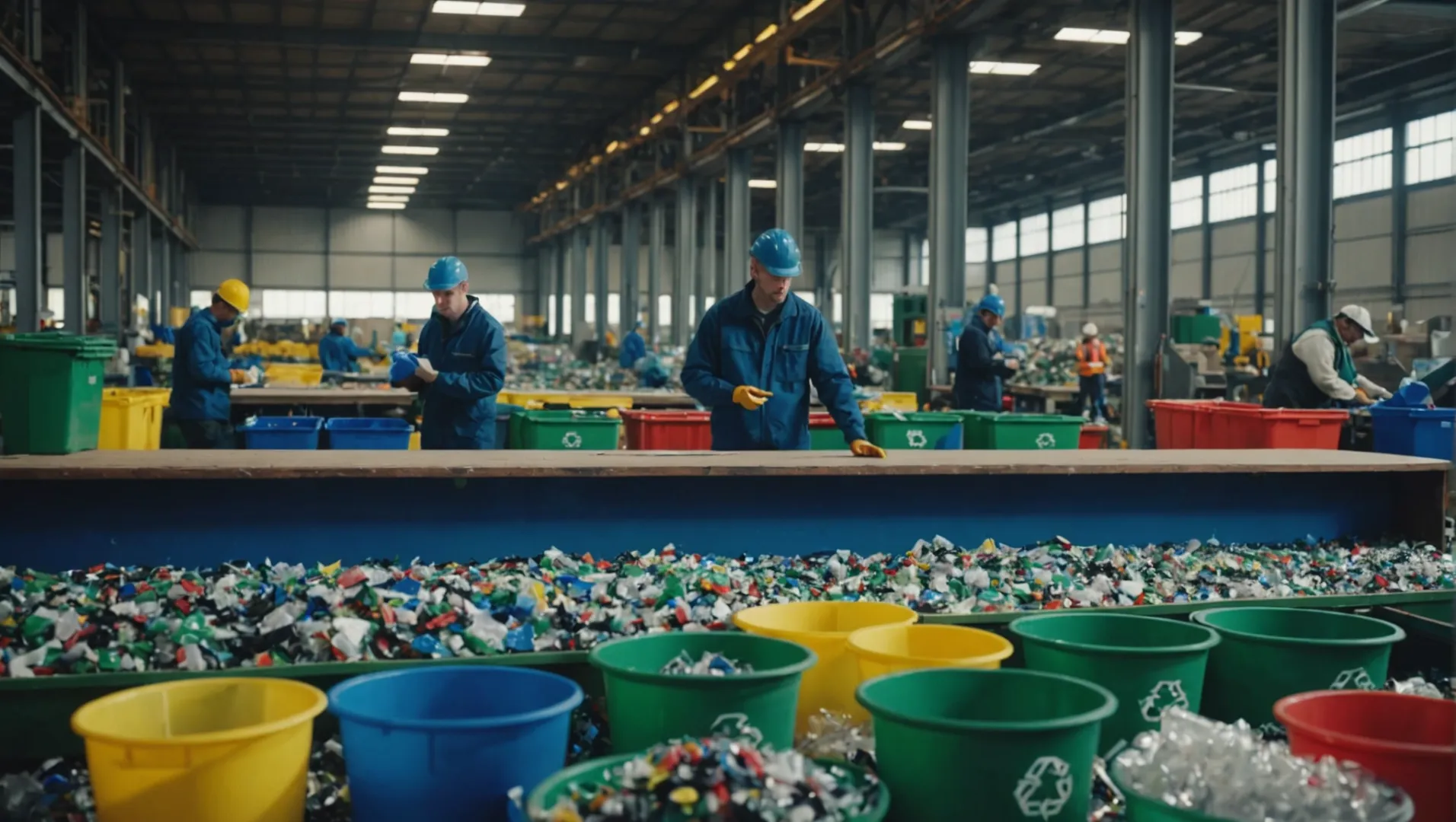
Material Contamination
One of the primary challenges in recycling injection molded plastics is material contamination. Plastics often contain additives such as dyes, stabilizers, or fillers that can complicate the recycling process. When mixed with other materials, these contaminants can degrade the quality of the recycled product. For instance, a batch contaminated with PVC can release harmful chlorine gas during processing, posing environmental and health risks.
Proper sorting and cleaning are essential to mitigate contamination. Facilities must implement stringent processes to ensure that only clean plastics enter the recycling stream. This often involves manual sorting or advanced technologies like near-infrared spectroscopy to identify and separate different materials effectively.
Diversity of Plastic Types
The diversity of injection molded plastics6 also presents a significant hurdle. Each type—be it polyethylene (PE), polypropylene (PP), polystyrene (PS), or acrylonitrile-butadiene-styrene copolymer (ABS)—requires specific recycling methods due to their distinct chemical compositions and melting points. For example, PE and PP can be easily reprocessed into new containers or pipes, while ABS may be suited for making electrical housings post-recycling.
This diversity necessitates careful classification and separate processing lines for each type, increasing operational complexity and costs.
Economic Constraints
Recycling injection molded plastics is not just a technical challenge but an economic one. The costs associated with collecting, sorting, cleaning, and processing these materials can be substantial. In some cases, the expense of recycling exceeds the cost of producing new plastics from virgin materials. This economic imbalance often discourages investment in recycling infrastructure.
Additionally, fluctuating oil prices can affect the cost-effectiveness of recycling. When oil prices drop, new plastic production becomes cheaper, reducing the demand for recycled materials.
Solutions on the Horizon
While these challenges are formidable, advancements in technology and policy support can help overcome them. Innovations in sorting technology and chemical recycling7 processes offer promising solutions. These technologies can enhance the efficiency and quality of recycled plastics, making them more competitive with virgin materials.
Governments and industries are also increasingly recognizing the importance of sustainability, leading to policies that support recycling initiatives. Incentives for using recycled materials and penalties for wasteful practices are becoming more common, encouraging businesses to invest in better recycling solutions.
Contaminants in plastics degrade recycling quality.True
Contaminants like dyes or fillers can degrade recycled plastic quality.
Recycling costs are always lower than new production.False
Recycling costs can exceed production costs, discouraging investment.
Conclusion
Understanding and engaging in the recycling of injection molded plastics not only helps the environment but also enriches our lives with sustainable practices.
-
Learn about sorting technologies crucial for efficient recycling.: Plastic injection molded products can be recycled, and there is a number at the bottom. The grade of plastic use is mainly distinguished by the … ↩
-
Discover how sustainability standards impact industry practices and compliance.: In order for a product or material to be truly described as sustainable it must be environmentally, economically and socially sustainable. ↩
-
Explore how new technologies enhance the efficiency of plastic recycling.: It’s called advanced recycling. These technologies turn used solid plastic into its gas or liquid raw materials to be remade into brand new plastic for use in … ↩
-
Understand how packaging uses rPET for sustainable solutions.: Products that contain rPET should be recycled. Recycling rPET packaging is a fantastic way to help keep resources in use and reduce our global environmental … ↩
-
Learn about innovations transforming the recycling industry.: 3D printing is being used to recycle plastic waste into new products. This technology allows for the creation of new products using recycled … ↩
-
Learn about specific recycling processes for different plastic types.: Plastic injection molded products can be recycled, and there is a number at the bottom. The grade of plastic use is mainly distinguished by the … ↩
-
Explore emerging technologies improving plastic recycling efficiency.: One of the newest chemical recycling technologies is hydrothermal treatment (HTT). The process involves using water to both heat and dissolve … ↩



